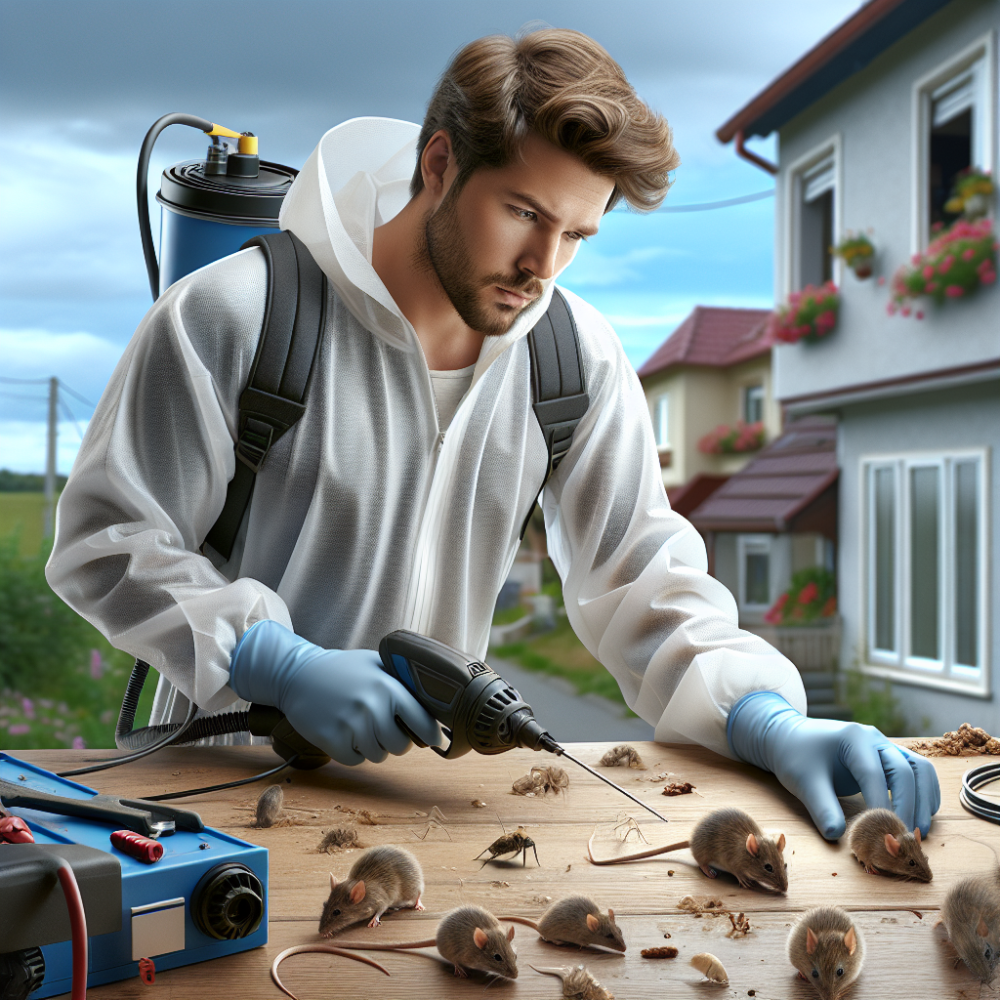Expert Strategies for Rodent Management

Posted on: Sunday, March 3rd, 2024
Rodents such as rats and mice can pose significant health and safety risks when they invade our homes, carrying diseases and causing structural damage. Effective rodent management is therefore crucial in ensuring a clean, safe, and healthy living environment. This guide provides a top 10 list of strategies, blending traditional methods with modern innovations. Each approach is designed to tackle the problem effectively, minimizing the likelihood of future infestations while maintaining an eco-friendly stance.
1. Seal Entry Points: Begin with a thorough inspection of your home, identifying and sealing all potential entry points. This includes small openings in the exterior walls, gaps around windows and doors, and holes where pipes enter your home. Steel wool, caulk, or wire mesh are effective materials for sealing these areas.
2. Cleanliness is Key: Rodents are attracted to food and shelter. Maintain a clean home by storing food in airtight containers, disposing of garbage regularly, and eliminating clutter where rodents can nest.
3. Use Traps Wisely: There are a variety of traps available, from traditional snap traps to live traps. Position them strategically near walls, behind objects, and in dark corners where rodents are most likely to travel. Check and reset these traps regularly.
4. Consider Rodent Repellents: Natural repellents such as peppermint oil, eucalyptus oil, and cayenne pepper can deter rodents. Apply these substances around potential entry points and common pathways. However, their effectiveness can vary and may need regular reapplication.
5. Maintain Your Garden: Overgrown vegetation can provide shelter and food for rodents. Keep your lawn trimmed, eliminate weeds, and trim back branches that are close to the house to reduce the attractiveness of your property to rodents.
6. Proper Trash Management: Secure trash cans with tight-fitting lids to prevent access by rodents. Regularly dispose of garbage and keep compost bins as far away from your home as possible.
7. Adopt a Cat: Cats can be effective at reducing rodent populations. The presence of a predator can make your property less attractive to rodents. Not all cats are natural hunters, but their presence alone can deter rodent activity.
8. Use Bait Stations: If the rodent infestation persists, bait stations can be an effective control measure. These should be placed in strategic locations and loaded with rodent poison. It's crucial to use these stations safely, especially in homes with children and pets.
9. Monitor Regularly: Even after taking these steps, continued vigilance is necessary. Regularly inspect your home for signs of rodent activity such as droppings, gnaw marks, and nests. Early detection makes managing an infestation much easier.
10. Hire Professionals: In cases of severe infestation or if the above methods fail, it's wise to hire a professional pest control service. They have access to more potent tools and methods for eliminating rodents and can provide tailored solutions to prevent reinfestation.
In conclusion, effective rodent control requires a multifaceted approach that combines cleanliness, physical barriers, natural deterrents, and vigilant monitoring. By implementing these strategies, you can significantly reduce the risk of rodent infestation in your home, protecting your health and property. Remember, the key to successful rodent management is not a one-time effort but an ongoing commitment to maintaining a rodent-free environment.